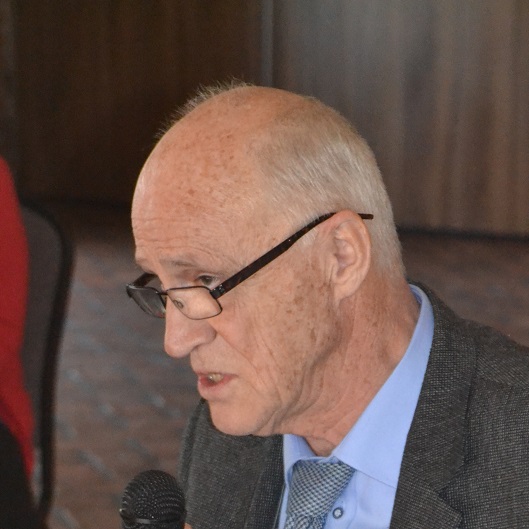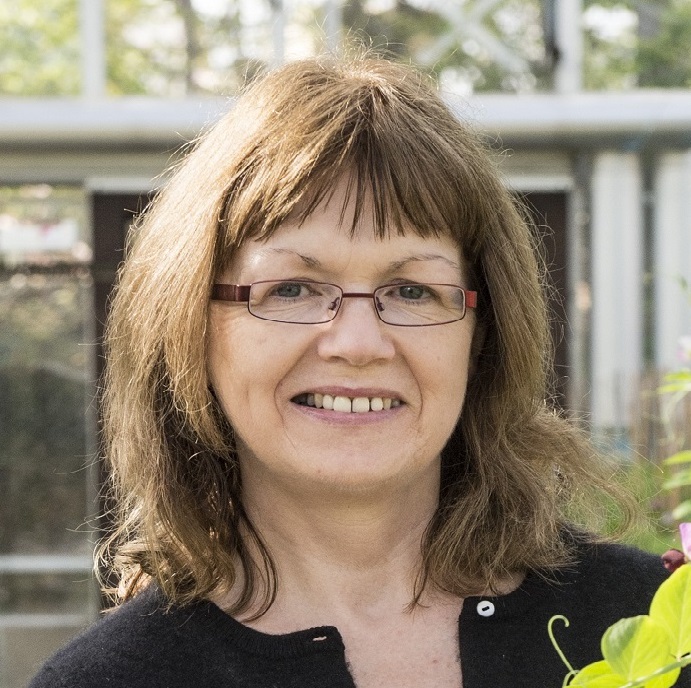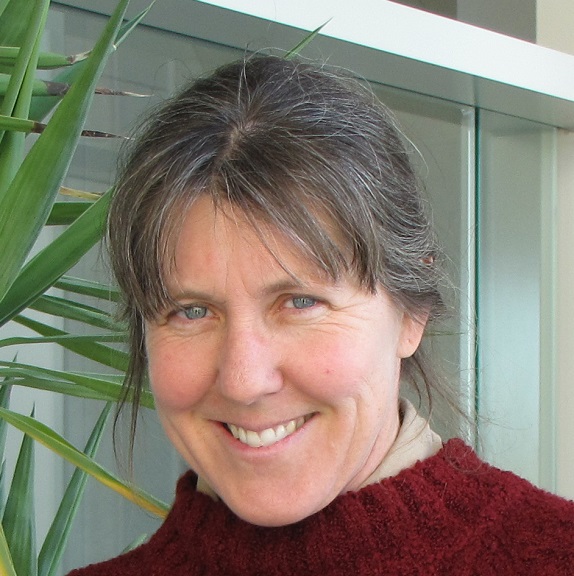“Translational genomics for accelerating genetic gains in legumes”
Professor Rajeev K Varshney, JC Bose National Fellow is a Research Program Director, Genetic Gains & Director, Center of Excellence in Genomics and Systems Biology at ICRISAT. In his dual appointment earlier, he served CGIAR Generation Challenge Program as Theme Leader for six years. Before joining ICRISAT in 2005, he worked at IPK-Gatersleben, Germany for five years. He is recognized as a leader in genome sequencing, genomics-assisted breeding, translational genomics and capacity building in international agriculture. He has made a pioneering contribution by integrating advanced discoveries in genomics with crop improvement in developing countries. Among different noted contributions, he has genome sequences of 9 crops including pigeonpea, chickpea, peanut and pearl millet and several molecular breeding products in chickpea, peanut and pigeonpea to his credit.
Rajeev is an elected fellow of all four science academies of India as well as several foreign science academies including German National Science Academy, The World Academy of Science, American Association for Advancement of Science, Crop Science Society of America, and American Society of Agronomy. He is recipient of the Shanti Swarup Bhatnagar Award from Government of India amongst many prestigious awards. He has been recognized as highly cited researcher by Thomson Reuters (Clarivate Analytics) for last 5 years in row and one of 10 most influential Indian scientists by Times of India, a leading Indian daily newspaper.
.jpg)





.jpg)

.jpg)